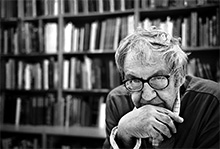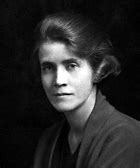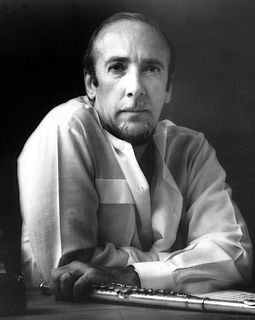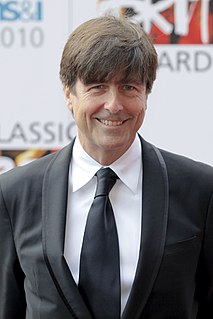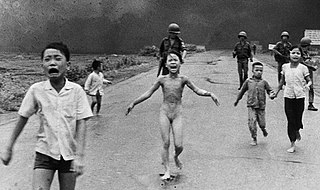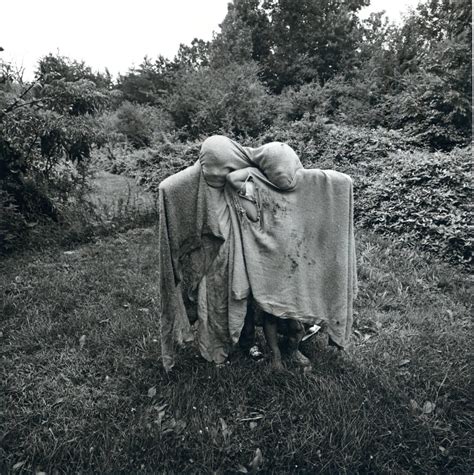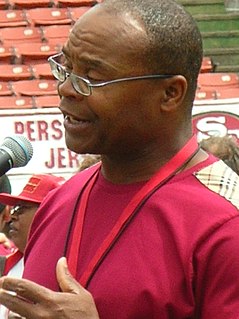A Quote by Saul Leiter
When we do not know why the photographer has taken a picture and when we do not know why we are looking at it, all of a sudden we discover something that we start seeing. I like this confusion.
Related Quotes
"You know you are seeing such a photograph if you say to yourself, "I could have taken that picture. I've seen such a scene before, but never like that." It is the kind of photography that relies for its strengths not on special equipment or effects but on the intensity of the photographer's seeing. It is the kind of photography in which the raw materials-light, space, and shape-are arranged in a meaningful and even universal way that gives grace to ordinary objects."
I’m curious about things that people aren’t supposed to see—so, for example, I liked going to the British Museum, but I would like it better if I could go into all the offices and storage rooms, I want to look in all the drawers and—discover stuff. And I want to know about people. I mean, I know it’s probably kind of rude but I want to know why you have all these boxes and what’s in them and why all your windows are papered over and how long it’s been that way and how do you feel when you wash things and why don’t you do something about it?
I always want to read the script and know everything and at least understand the context of the world that you're in and why you're there and all that stuff. It's good to know something. I like to know, but I've never been one of these, 'Just show me my stuff,' no, I like to know what the whole picture is so I can understand how I fit into it.
Why?" she screamed. "Are you crazy? You know the English subjunctive, you understand trigonometry, you can read Marx, and you don't know the answer to something as simple as that? Why do you even have to ask? Why do you have to make a girl SAY something like this? I like you more than I like him, that's all. I wish I had fallen in love with somebody a little more handsome, of course. But I didn't. I fell in love with you!
You can also see sometimes that the best pictures are the ones where you didn't try so hard, where you were just enjoying the process - and you didn't even know why you were making the picture. It felt right. If someone asked, 'Why are you making this picture?' you probably couldn't describe it very well - and that's why it needs to be a photograph.
A picture is what it is and I've never noticed that it helps to talk about them, or answer specific questions about them, much less volunteer information in words. It wouldn't make any sense to explain them. Kind of diminishes them. People always want to know when something was taken, where it was taken, and, God knows, why it was taken. It gets really ridiculous. I mean, they're right there, whatever they are.
